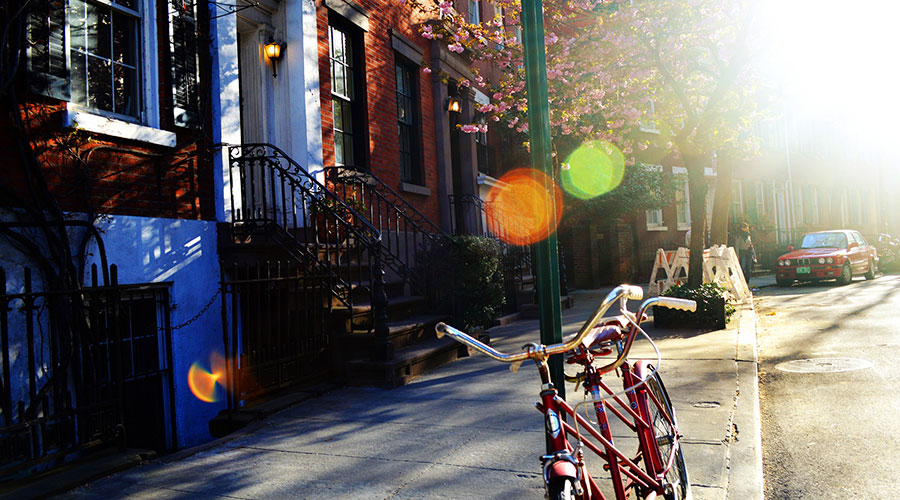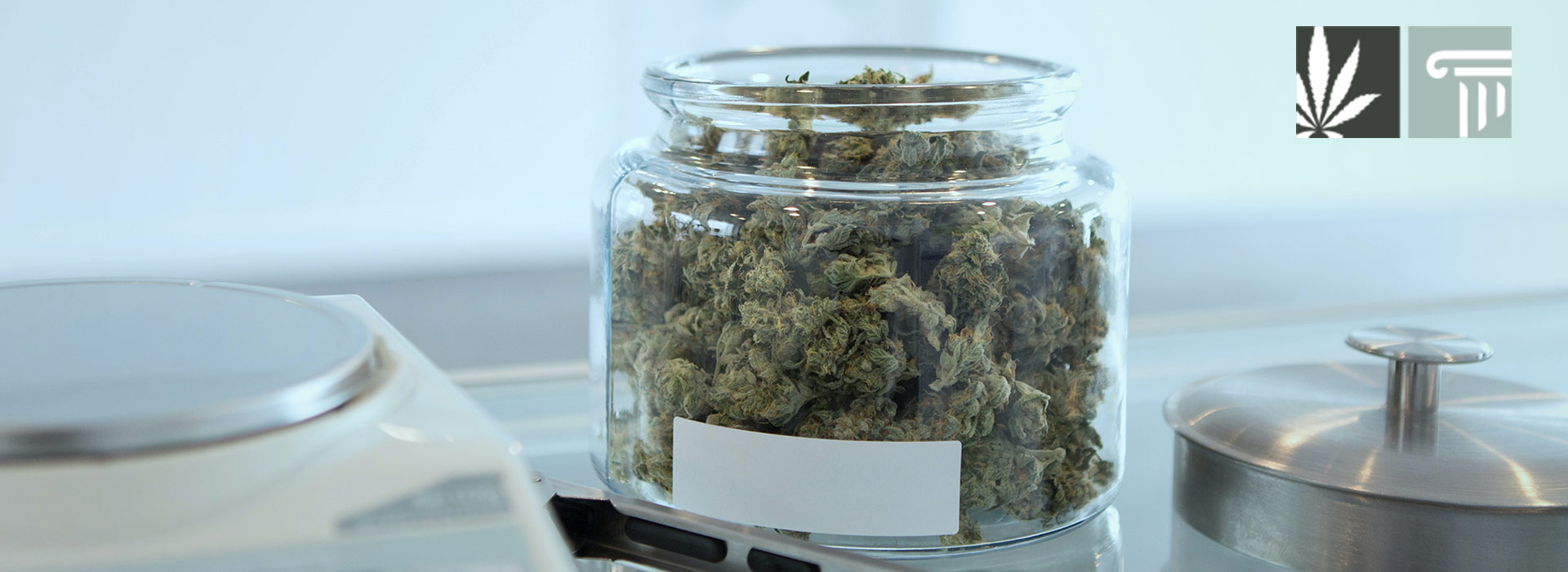On March 31st, 2021, Governor Cuomo signed the Marijuana Regulation and Taxation Act (MRTA), making the state of New York the 15th state to legalize recreational cannabis and expand on the state’s existing medical cannabis program. While certain parts of the law went into effect immediately, with more to follow in the next six months, the major changes will not take effect until a regulatory framework that will control every aspect of the market is formed.
Likewise, while possession and consumption of cannabis are currently legal, it may be a year or more before dispensaries are up and running. In fact, the first dispensaries are not set to open until April 2022. In addition, many questions remain regarding obtaining licenses to cultivate, transport, distribute and make edible goods, and there are no clear answers.
While the MRTA makes it clear that these licenses will be available with many set aside for minorities and those most impacted by past prohibition, until the Cannabis Control Board and the Office of Cannabis Management are up and running, it is unclear what the exact process will be for obtaining and maintaining these licenses.
Under the new law, localities will be entitled to “opt-out” of public consumption sites and dispensaries in their area, and will also be permitted to create their own local rules concerning public consumption. However, those localities will not be permitted to criminalize cannabis or arrest people for possession. Further, localities that allow cannabis businesses to operate will be entitled to 3% of the tax revenues that stem from local sales.

Under the new law, local municipalities will be permitted to opt out of retail stores or consumption sites.
Despite many unanswered questions, here are the 10 most important things everyone should know about the new law in NY:
- You must be 21 and over to possess, purchase, or use cannabis. Cannabis remains illegal for those under 21, and anyone under 21 found to be in possession of cannabis can be fined.
- You can now legally possess up to three ounces of cannabis and up to 24 grams of cannabis concentrates outside of your home. In the next six months, it will be legal to grow up to six plants and possess up to five pounds of cannabis for personal use inside your home.
- Those of legal age (21) can give away cannabis (without receiving compensation) to anyone over 21.
- Once regulations are in place and the legal market is fully up and running there will be two different types of sites permitted to sell cannabis to consumers: retail dispensaries where people can purchase the product, and consumption sites, which would allow the purchase and on-site consumption of cannabis products.
- Cannabis sales will be taxed at 14 percent. Nine percent will go to the state, three percent will go to the city, town or village where the sale is made, and one percent will go to the county.
- The state is expected to collect approximately $350 million a year in tax revenues. Forty percent will go toward grants for communities disproportionately affected by prior drug laws, an additional forty percent will go toward schools and education, and the remaining twenty will go toward drug treatment and education programs.
- Possession of large amounts of cannabis without a proper license and unlicensed sale of cannabis will remain illegal. Penalties will range from minor violations and fines for small infractions up to a Class C felony for sales of over 100 pounds.
- It will also remain illegal to drive under the influence of cannabis. The NY State Dept. of Health is considering the use of saliva tests to determine whether someone is operating a vehicle under the influence.
- Police officers can no longer use the smell of cannabis to search you or your vehicle.
- If you were convicted of a previously illegal act related to cannabis that the bill legalizes, your record will be automatically expunged. The law requires the state Office of the Court Administration to review its records and determine whose record should be wiped clean.






